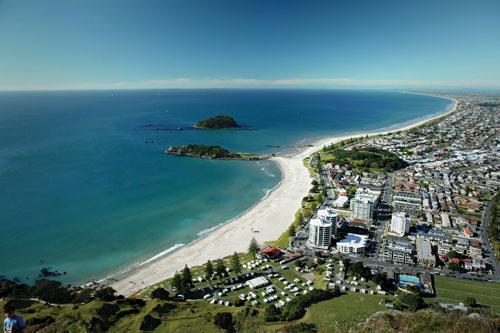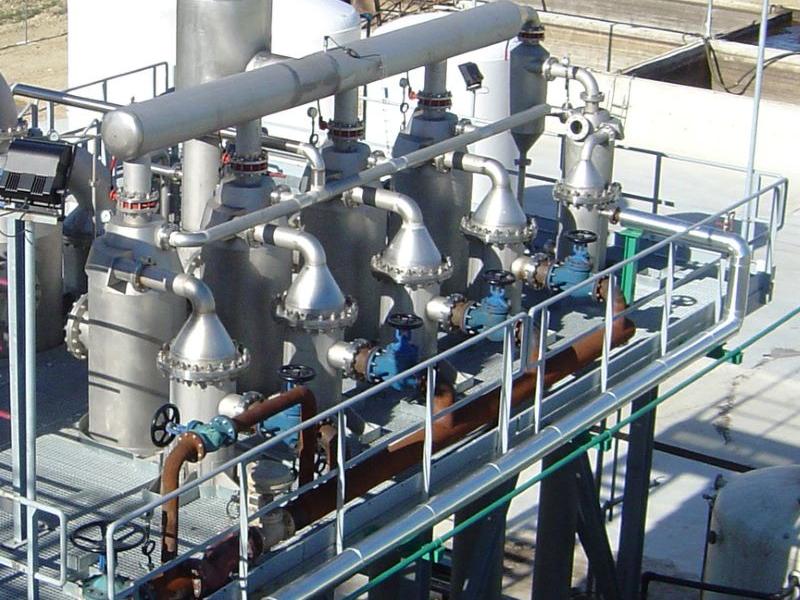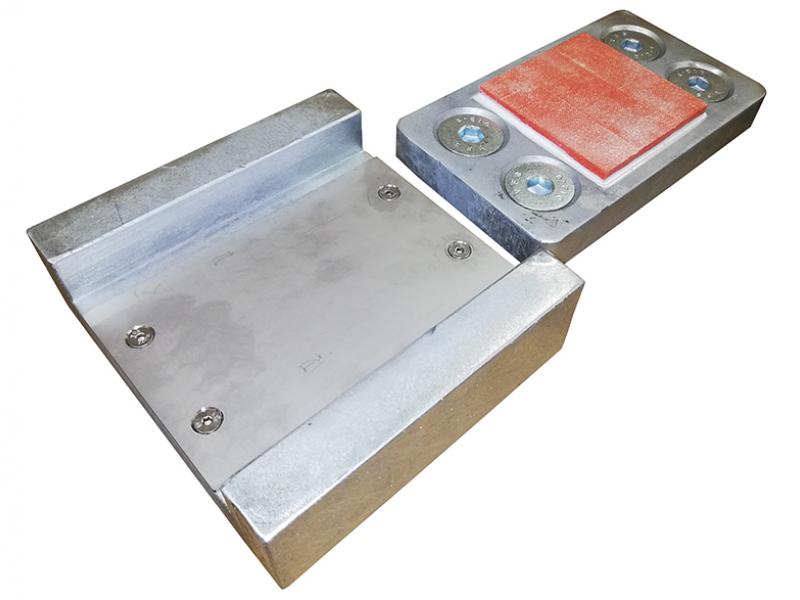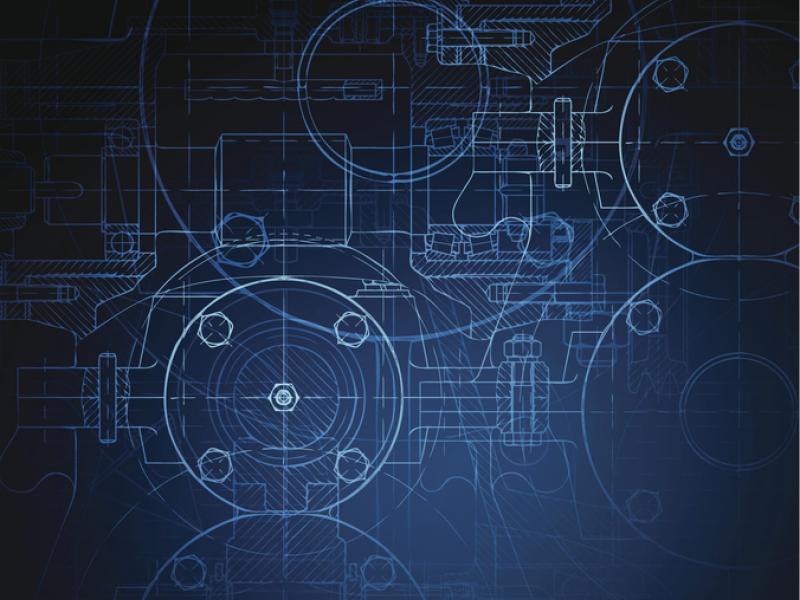The Tauranga Business Case campaign by economic development agency Priority One highlights the massive benefits of doing business in Tauranga and the Western Bay of Plenty. Editor Stefan Richter made the trip to Tauranga to substantiate the case.
Tauranga’s list of things to do is quite impressive and diverse: On it you find thrilling activities such as bungee jumping, skydiving, jet boating and white-water rafting. National parks, thermal pools and beaches offer plenty of opportunity to relax and enjoy nature. You could also go for a swim (with and without dolphins) or fishing, watch a Maori cultural performance or enjoy yourselves water skiing. And it’s only a short trip to the north island ski fields to go skiing or snowboarding. Why not check out an art or craft studio, visit a winery, go shopping or explore the newly developed waterfront with its cafes, restaurants, bars and nightclubs? An abundance of lifestyle choices, the sub/tropical climate and about 2,400 hours of sunshine a year have always attracted tourists, travellers and those thinking about where to retire. But why not build your business here, asks Priority One, who presents a compelling business case for Tauranga and the Western Bay of Plenty, showcasing a wide range of successful and innovative companies which have benefited from what this region has to offer.
Priority One, the economic development organisation covering Tauranga and the Western Bay of Plenty, was established in 2001 by the local business community. The organisation also teams up with the Tauranga City and Western Bay of Plenty District councils to deliver economic outcomes. “Priority One’s main purpose is to build a vibrant and diverse local economy that retains and attracts talented, skilled and creative people and the innovative businesses that need them,” explains Andrew Coker, the organisation’s CEO. “The major driver of economic growth in this area has traditionally been natural population growth, with people moving to Tauranga from Auckland, the Waikato and other parts of the country. But we are at the point now where we have some really competitive advantages in terms of growing our business base beyond population growth,” says Andrew. “We are seeing a steady shift of businesses to Tauranga alongside new businesses setting up. What we want to do is to accelerate this process by supporting those businesses that are starting up and growing here.”
The Tauranga Business Case, the name of Priority One’s campaign to promote the area, is based on what the organisation calls the Ultimate Bottom Line, a holistic concept that arranges the benefits of doing business in Tauranga into four categories: profit, people, place and potential. Andrew names the main benefits of each category, starting with profit.
“The Tauranga region boasts attractively-priced industrial property compared to other major cities and is supported by a strong infrastructure which includes roads, rail and air networks. We are also among the first cities to roll out ultrafast broadband which is a major benefit for businesses. A significant competitive advantage for import and export busineses is the easy access to the Port of Tauranga, which is one of the ten most efficient container ports in the world and an important part of our future. At the moment this port is being upgraded to be able to accommodate a seventh gantry crane and future plans may see it become New Zealands' first port able to accommodate larger container ships and act as a key hub for international container movements.”
Tauranga also features the “right” kind of people to make a business succeed. “There’s an amazing diversity of businesses in the region. The comment we hear most is that the business networks here are easily accessible and that people are willing to share experiences and help others to succeed.” Local businesses are also supported well by the Chamber of Commerce, NZ Trade and Enterprise, one of the most active export institutes in the country, the Sustainable Business Network and the three councils covering the sub-region,” says Andrew.
“Complementing Tauranga’s business environment is the fact that this city is also a wonderful place to live, with a high quality of lifestyle. We are seeing a lot of young professionals move to Tauranga. It is quite easy to balance work, leisure and family life. People moving here do not want to trade one big city for another one, but want to be able to walk out of their office and enjoy the beach with their family without getting stuck in traffic first.” Tauranga also offers affordable housing, with a very high standard of preschool, primary and secondary education and an outstanding health system.
What about the area’s potential? “Tauranga is set up for growth,” says Andrew. “Many new residential and commercial developments are underway, government and public organisations continually invest in building infrastructure and there are numerous research and development opportunities. About 500 to 600 hectares of industrial land is being zoned and developed, coming on-stream within the next ten to 15 years. Tauranga is already served well by the University of Waikato, the Bay of Plenty Polytechnic and Te Whare Wananga o Awanuiarangi, with a city centre tertiary and research campus expected to open in 2015/16. This will result in another phase of growth for the city. It really is an exciting time to be doing business in Tauranga.”
Case study: Page Macrae Engineering
Established in Tauranga in 1955, Page Macrae Engineering has built up a reputation as one of New Zealand’s premium engineering companies. Operating from Aerodrome Road in Mount Maunganui, Page Macrae Engineering is within one kilometre of Tauranga Airport and three kilometres of New Zealand’s largest and busiest port. “We are currently involved in some major geothermal power generation projects in the central North Island, and have just completed the manufacture of dust-controlled hoppers and bulk grabs for the Australian market,” says Mike Lehan, General Manager. “To manage and process these and other large projects, Tauranga provides the ideal location for our business with its roading network and locality of the port. We have the ability to transport some very large components from our workshops anywhere in New Zealand to our customers offshore.”
The family-owned engineering business has not always built power stations and cargo handling equipment. In 1954 Bob Page and George Macrae founded Page & Macrae and built up a strong reputation for ship repairs and associated work. However, the gradual introduction of efficiencies at the port meant that by the arrival of this century the nature of shipping had changed, making it necessary for the company to diversify.
Today Page Macrae employs more than 170 people who are busy completing complex engineering projects in industries such as power generation, petrochemical, pulp and paper, food processing and material handling. “We export a lot of material handling products, such as bulk grabs, dust-controlled hoppers and log handling equipment. The main focus of our export market is Australia,” adds Mike. “Tauranga as a business location opens up important opportunities for our company to grow. The excellent roading system, port infrastructure and Tauranga’s strategic location provides access to our markets in New Zealand and offshore.” Of utmost importance to Page Macrae’s business is the Port of Tauranga, which has recently announced intentions to buy a seventh ship-to-shore gantry crane for its Sulphur Point fleet to handle the growing container volume. “The port’s expansion is essential to our future plans. The Australian market provides big opportunities not only for us but for all New Zealand manufacturers.”
“We are currently involved in the construction of the Te Mihi Geothermal Power Station for Contact Energy. This involves a large amount of fabrication and pipe spooling in our workshops, which is transported to site,” says Mike. “The Te Mihi power station is due for completion in 2013. It will include two new steam turbine generators of 83MW each, and is situated near the 53-year-old Wairakei geothermal power station, northwest of Taupo. In the last five years we have also had major involvement in the construction of two other geothermal power stations for Mighty River Power situated in Kawerau (95MW) and the Nga Awa Purua (140MW) near Taupo.” Other current projects include construction of a duplex clarifier for Carter Holt Harvey’s Kinleith Mill and the construction of two aviation fuel storage tanks along with piping for the Auckland Airport fuel terminal. The company is also nearing the completion of the fabrication and construction of the new 10 million litre petroleum storage tank at Gull’s Mount Maunganui bulk storage terminal.
People – skilled people – is what Page Macrae desperately needs these days. “Our business is steadily growing, however, we are currently facing a skill shortage.” Although the company currently employs more than 170 people, they also utilise additional contract staff for various on-site projects. “We need more skilled people, especially in trades such as fitting, welding and fabrication along with staff to fill positions in middle management. There is a shortage of those kinds of skills in New Zealand.” To help the industry close this skills gap, Page Macrae runs a comprehensive apprenticeship programme. “We currently have 13 apprentices completing our apprenticeship programme, with two more joining us by the end of this year. We take training very seriously and believe we have an obligation to assist the industry in maintaining a sustainable level of skilled trades people for the future. Our goal is to deliver quality trades people that exceed industry standards”. Page Macrae is a family business, offering a great culture, modern and well-equipped facilities, a rewarding work environment, and the work is highly diversified. “We take pride in what we do and how we deliver it.”
Case study: Bulk Storage Terminals
“We’ve been in the business for about 40 years, and we are certainly well positioned in Tauranga to further expand and grow,” says Doug Eng, General Manager, Director of Bulk Storage Terminals. The Tauranga location, right beside the port, is ideal to receive, handle and store bulk liquids and then service the Bay of Plenty and the Waikato. The company also operates terminals in Auckland, New Plymouth and Wellington. “We have around 17500m3 of storage here in Tauranga, and we deal with all sorts of products, from non-hazardous (vegetable oils, tallow) and Class 3 (flammables) to Class 8 (acids and alkalis) liquids,” says Grant van Oudenaaren, Terminal Manager Mt Maunganui. “The terminal has three wharf pipelines which can operate independently, allowing us to export and import products simultaneously. Two of our customers are connected to our site via direct pipeline to their businesses. Our 27 storage tanks range in size from 100,000 to 2.8 million litres in capacity. They offer heated and unheated storage, providing both ambient and hot storage capability.”
General Manager Doug Eng especially commends Tauranga’s infrastructure. “We have a very good roading infrastructure here, our terminal is positioned very close to the port, and the access for road transport out of our terminal to the wider region is easy and clearly more efficient than it would be in Auckland.” The Mt Maunganui terminal also offers room for expansion. “The Port of Tauranga is very supportive and will enable us to grow with our customers.”
Bulk Storage Terminals is not immediately affected by skill shortage. “We have a very low staff turnover; it’s only a small crew here anyway, led by Grant. If anything we have problems trying to get hold of qualified casual staff,” says Doug. “But our full-timers stay, they enjoy working here. And they also enjoy the Bay of Plenty lifestyle. They don’t want to be anywhere else. Tauranga is continually growing, offering more and more facilities and good schools. It is a great place to bring up a family. I lived in Sydney for six years, and the ease of getting around Tauranga, compared to Sydney, is huge. It doesn’t take me long to get out into the countryside or to the beach, and I can park right in front of a store. In Sydney you first have to look for the car park building.” Another important benefit mentioned by Doug is the proximity to various engineering companies. “In terms of engineering services we are really blessed here in Tauranga, we have got firms such as Mount Maunganui Engineering, Page Macrae Engineering, and Acme Engineering, to name but a few. Their skills are just world class and easily available to us.”
Case study: Bluelab Corporation
“I think Tauranga has always had a close-knit business community. People with valuable experiences in a certain area, such as an export market, freely give their time, and if you ask a question they really help you out. Gathering all the necessary facts yourself can be hard work and take much time,” says Greg Jarvis, CEO, Bluelab Corporation Ltd. “Tauranga also offers a good blend of excellent manufacturing, assembly and R&D capabilities and the city helps us attract a few people from other parts of New Zealand because they want to come and live here.” Greg already lived in Tauranga when he started looking for a business opportunity and finally purchased the company in 2000. Bluelab Corporation Limited produces hand-held meters and control equipment for measuring and controlling parameters such as pH, conductivity and temperature of a liquid. The equipment range is suitable for home gardening as well as automated commercial applications. “Our main industry is horticulture, specifically controlled environment growing. We have distributors in Holland and North America, Canada, Australia, and we focus on growth in areas where we think we can achieve a significant market penetration in a short space of time. At the moment the Middle-East, Thailand and Malaysia are looking particularly interesting to us.”
Also steadily growing is the product range. “The next product we are going to launch is a pH pen for measuring pH in soil. We are going through the design process at the moment. We are also collaborating with Industrial Research Ltd in Lower Hutt to create a new type of conductivity sensor”says Greg.
“The agricultural sector is an interesting market, and the biggest barrier we have to overcome here is people not seeing the need to measure some of the important parameters. We have to go out and do some market research first, so that we understand what our customers potentially need in a particular area. Because we are a relatively small company, getting the research wrong can be very costly, so we tend to be very cautious on our approach. There are several markets we are considering, but we also know that getting in some of those markets requires us to extend our product range.”
Greg says that Tauranga’s strong and collaborative business networks play an important role in getting valuable information on export markets and other business-related issues. “I am part of a group of six to ten people who meet for breakfast on a regular basis to swap war stories. Here you don’t have to put up with a lot of traffic to come together, that’s a big plus,”explains Greg. “I realised that a lot of business problems are very generic and not limited to a certain type of industry, so it makes sense to share our insights to benefit each other. Some of the people in the network are very knowledgeable in certain export markets, and when I want to find out more about doing business with a certain country, I just pick up the phone and talk to the right person.”






